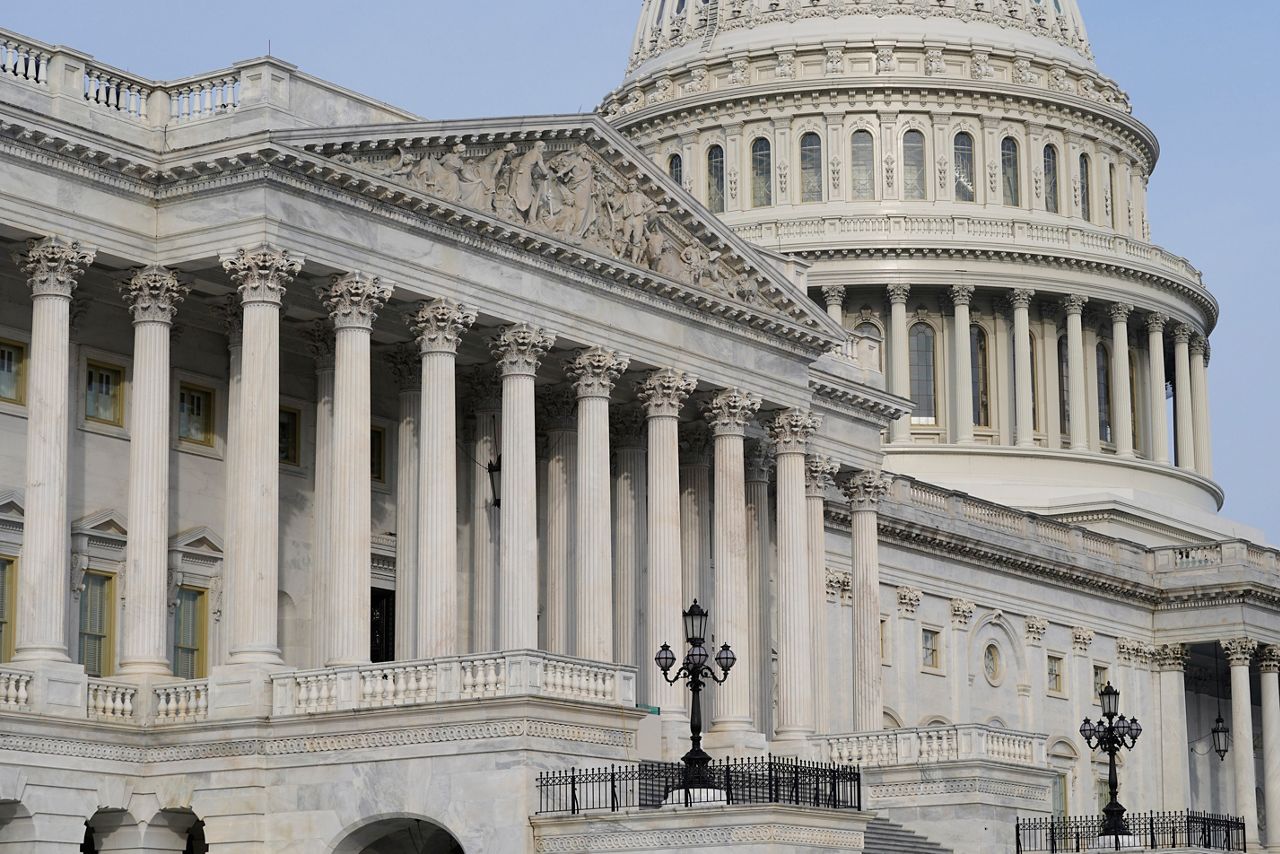WASHINGTON — Medicare is one of the country's largest federal programs with $905 billion in expenditures last year, according to the Centers for Medicare & Medicaid Services. But, experts say it’s at risk of becoming insolvent by 2031.
On Capitol Hill, the Senate Budget Committee held a hearing Wednesday morning to examine raising revenues on high income earners to ensure the benefit program has enough funding to stay afloat. About 65 million Americans receive Medicare benefits.
"We face simple arithmetic — raise revenue or cut benefits," said committee chairman Democratic Sen. Sheldon Whitehouse of Rhode Island. "Those are the options if we are to preserve Medicare. If we abide by what seemed like a bipartisan commitment, not to cut benefits, we must safeguard Medicare by raising revenue. It is literally life and death for millions of older Americans."
Whitehouse is sponsoring legislation with other members of his party called the Medicare and Social Security Fair Share Act. He says it would “extend Medicare solvency by an estimated 20 years” by requiring Americans making $400,000 or more annually to contribute to Medicare, and close loopholes for business owners who can legally avoid paying Medicare taxes.
Chye-Ching Huang, the executive director of the New York University Law School’s Tax Law Center, supported Democrats’ push to increase taxes on the wealthy and close the loopholes.
"An example that directly hurts Medicare and the other trust funds is that gaps in the Medicare taxes mean that some high income business owners don't have to pay into the system in the same way that workers and other business owners do," Huang said. "But they can instead avoid hundreds of billions in taxes."
Republicans on the committee argued that health care costs and cost transparency are bigger issues.
"I think the chairman and so many Democrats are pretty much one-trick ponies," said Republican Sen. Ron Johnson of Wisconsin. "Whether it’s Social Security, whether it’s Medicare, the only solution is increasing taxes. Which again, I don't think we ever generate the revenue by increasing taxes because it harms economic growth."
During the hearing, Republican Sen. Rick Scott instead touted a bill he introduced that would rescind funding for the 87,000 IRS workers granted in the Inflation Reduction Act, and have the money go toward the Medicare and Social Security Administration trust funds.
"I think it's very important to every state, but clearly my state that we don't see a reduction in benefits for Security and Medicare," Scott said. "So, I have a bill that would stop that. Unfortunately, I haven't had the opportunity to get ... Sen. (Chuck) Schumer to put on the floor."
Huang argued against any cuts to the IRS budget.
"Cutting the IRS budget even more deeply than agreed to in the debt ceiling deal would hurt deficits, good honest filers, and benefit tax cheats," she said.



